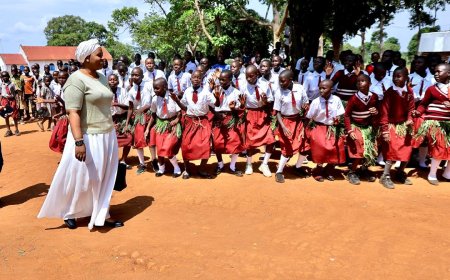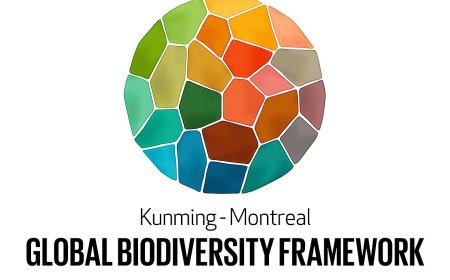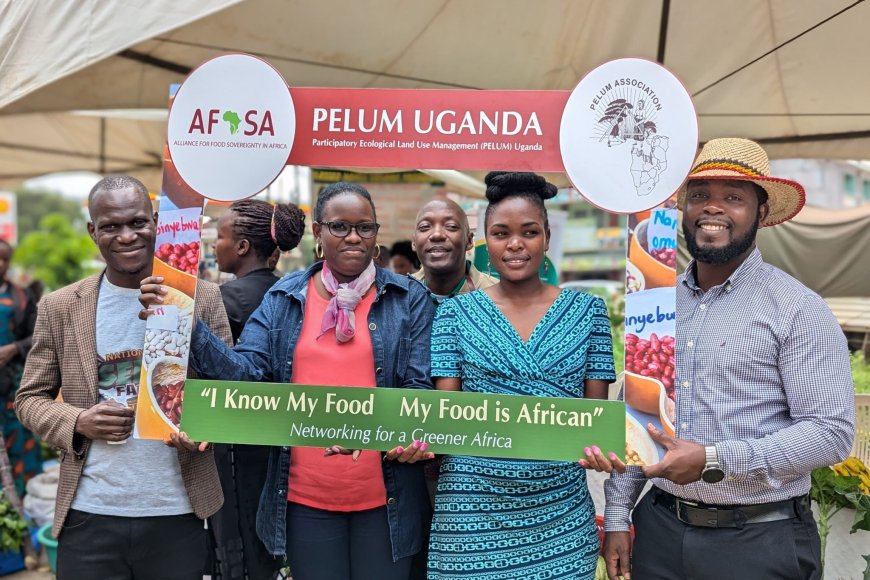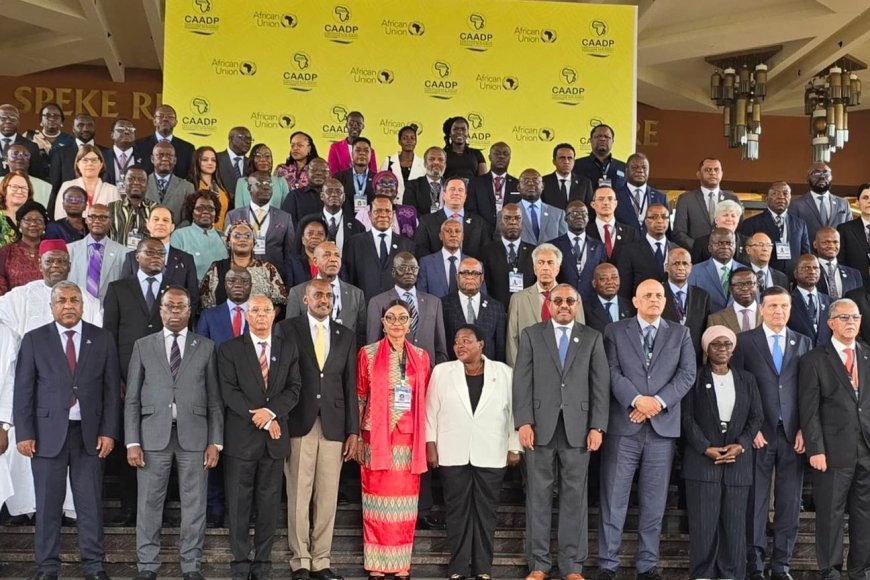Civil Society Gathers to Shape Uganda’s New Food and Nutrition Policy

The Civil society organizations, government agencies, and private sector stakeholders have gathered Monday, in kampala for a high level consultation meeting aimed at shaping the future of Uganda’s food and nutrition landscape. The meeting, held at Fairway Hotel, marks a pivotal step in the ongoing review of the Uganda Food and Nutrition Policy (UFNP) of 2003.
Organized by the Ministry of Agriculture, Animal Industry, and Fisheries (MAAIF) in partnership with Participatory Ecological Land Use Management (PELUM) Uganda, Food Rights Alliance, and other like minded partners, the consultation brought together nearly 80 participants. These included PELUM member organizations, agrifood SMEs, consumer groups, and members of the Civil Society Scaling Up Nutrition Network.
Uganda’s food systems, though rich in agroecological diversity, continue to grapple with persistent challenges. According to the Food and Agriculture Organization (FAO), nearly 10 million Ugandans experience food insecurity, with 2.3 million facing acute shortages. Factors such as climate change, low productivity, and socioeconomic barriers have exacerbated the situation.
Against this backdrop, the review of the UFNP aims to develop a forward looking, inclusive, and environmentally responsible policy framework.
A key focus is the promotion of indigenous and traditional foods such as African bitter yams, Bambara nuts, and sorghum which are not only rich in nutrients but also deeply rooted in Uganda’s cultural heritage. These foods, however, are at risk of being lost due to modern dietary shifts and insufficient documentation.
In a bid to align with sustainability goals, the policy review also emphasizes zero waste management. With SMEs accounting for up to 80% of the food value chain in sub-Saharan Africa, the meeting spotlighted their critical role in transitioning from food loss to food security.
Globally, 14% of food is lost before it reaches retail, while another 17% is wasted at the consumer level. In Africa, losses are even higher for nutritious items like fruits, vegetables, and fish.
Participants proposed innovative solutions such as composting, bio-conversion, and recycling of organic waste to produce fertilizers, animal feed, and new food products. These practices would not only reduce greenhouse gas emissions and landfill waste but also create new opportunities within the food and waste management sectors.
The updated policy is expected to reinforce support for agroecological food production systems and the consumption of healthy, culturally appropriate diets. PELUM Uganda emphasized the importance of ecological integrity and community empowerment, particularly for smallholder farmers, women, and youth.
“SMEs and civil society actors are indispensable in ensuring that the new Food and Nutrition Policy addresses both sustainability and nutrition gaps,” said a PELUM Uganda representative. “This is our moment to push for environmental justice and meaningful inclusion.”
The key objectives of the meeting were to inform stakeholders about the policy review progress, gather input from national actors, and incorporate innovative approaches especially those related to waste management and traditional food systems into the revised policy. The outcomes of the meeting are expected to directly influence the next draft of the Food and Nutrition Policy.
As MAAIF leads the policy development process, it is clear that collaboration with civil society and the private sector will be essential to building a resilient and inclusive food system for Uganda. The meeting served as a powerful reminder that sustainable change starts with listening to those most affected by the challenges and empowering them to be part of the solution































































































































